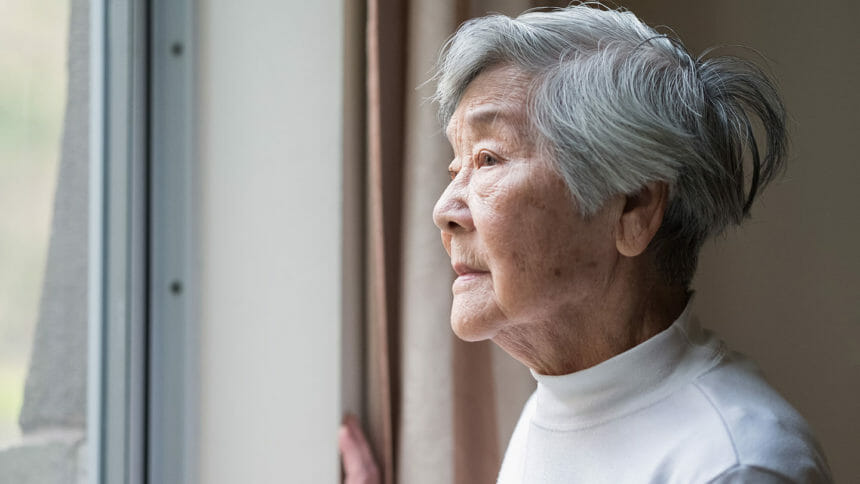
The U.S. surgeon general on Tuesday declared loneliness, a condition linked to health comorbidities and premature death, as an American epidemic requiring national action.
The impact of social disconnection has reached epidemic proportions in the United States, Vivek H. Murthy, MD, wrote in an advisory released Tuesday, May 2.
Investing in social connection
Approximately half of U.S. adults report experiencing loneliness, he reported. And the effects of loneliness have been equated with the impact of smoking up to 15 cigarettes a day. What’s more, researchers have linked poor or insufficient social connection with a 29% increased risk of heart disease and a 32% increased risk of stroke, as well as dementia and depression, among other adverse health conditions.
Considering the growing evidence for these outcomes, Americans are obliged “to make the same investments in addressing social connection that we have made in addressing tobacco use, obesity and the addiction crisis,” Murthy wrote.
The advisory, Our Epidemic of Loneliness and Isolation 2023, calls for advancing a culture of social connection through public policy, healthcare initiatives and individual efforts.
The task for healthcare workers
Healthcare workers, systems and insurers can get started toward this goal by explicitly acknowledging social connection as a priority for health, the advisory states. Murthy foresees healthcare providers receiving formal training on the health and medical relevance of social connection and its associated risks, and advanced training on prevention and interventions.
He also called for the integration of social connection into patient care, including the addition of assessment results in electronic health records, patient education on risk factors, and interventions that provide psychosocial support to patients. The latter would include involving family or other caregivers in treatment, group therapies and other evidence-based options.
Murthy sees this mission as a cultural shift that would combat the harmful societal consequences of social disconnect. If the United States fails to do so, he wrote, “we will pay an ever-increasing price in the form of our individual and collective health and well-being.”
The full advisory was published as a pdf on the Department of Health and Human Services website.
Related articles:
Study unveils ‘silent epidemic’ of loneliness among older women during pandemic
Residents without family contact were more likely to die during early pandemic: study



